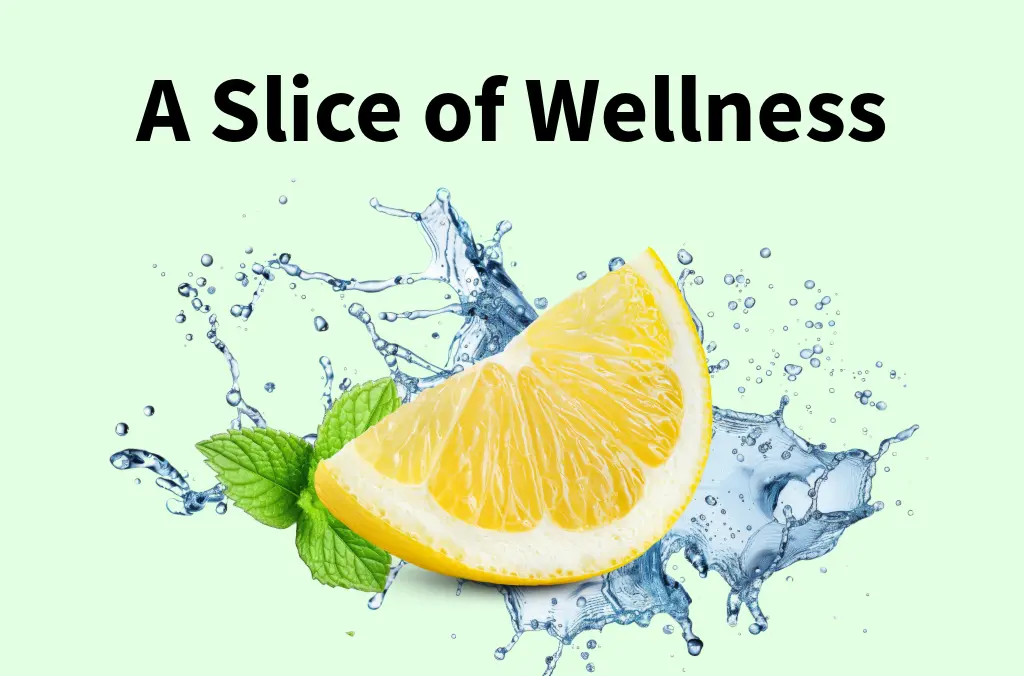Supplement Smarter

When and When Not to Use Supplements
Supplements can be useful, but they are not a shortcut to better health. Many people assume that taking vitamins or powders will automatically boost energy, improve focus, or strengthen immunity. In reality, most nutrients are already provided by a balanced diet. Harvard School of Public Health notes that healthy individuals eating a variety of whole foods usually do not need multivitamins (Harvard). Taking extra vitamins “just in case” can actually be harmful. Vitamins A, D, E, and K are fat-soluble, meaning they build up in the body and can become toxic in high amounts (Cleveland Clinic).
When They Matter Most
There are times when supplements are not only helpful but necessary. If a healthcare provider has confirmed a deficiency through lab work, such as low levels of vitamin D, iron, or B12, targeted supplementation can restore balance. The Mayo Clinic recommends using supplements only under medical guidance when deficiencies are identified (Mayo Clinic). Plant-based diets can also fall short on nutrients like B12 and omega-3 fatty acids, making supplementation valuable for those who avoid animal products (NIH). Pregnant individuals are advised by the CDC to take folic acid and prenatal vitamins to support fetal development (CDC). Athletes or people recovering from injury may also benefit from additional protein, creatine, or collagen when food alone cannot meet their needs (ISSN).
Supplements Can’t Replace Habits
Pills cannot repair what lifestyle neglect has caused. Sleep, hydration, movement, and clean food will always be more important than anything in a bottle. The World Health Organization clearly states that long-term health is rooted in consistent dietary and behavioral choices, not supplements (WHO). If someone is using supplements to cover up poor eating or avoid rest, they are delaying what their body truly needs. Health is not something you can order online. It is built through intentional habits practiced every day.
Start With Water
At Auryu, we believe hydration is the first supplement. It supports digestion, brain function, joint health, and nutrient absorption. Despite its importance, many people fail to drink enough water each day. The CDC reports that plain water is still under consumed by large portions of the population, despite being the most effective and affordable health habit (CDC). Our bottles are designed to make hydration easy and enjoyable. With every refill, you support your own well being while also helping fund direct impact charity projects globaly.
Choose better habits. Choose Auryu.
Sources
• Mayo Clinic – “Does vitamin D deficiency require supplements?”
• Harvard Health – “Should you take a daily multivitamin?”
• Cleveland Clinic – “Are you getting too much vitamin A?”
• NIH Office of Dietary Supplements – “Vitamin B12 Fact Sheet”
• CDC – “Folic acid recommendations for pregnancy”
• International Society of Sports Nutrition – “Position stand on creatine”
RELATED POST

Wellness in Motion

The Science Behind Auryu Electrolytes

A Slice of Wellness
TELL US YOUR STORY
about someone you helped.
Tell us about someone in need! Help yourself be better! Send us an email.




